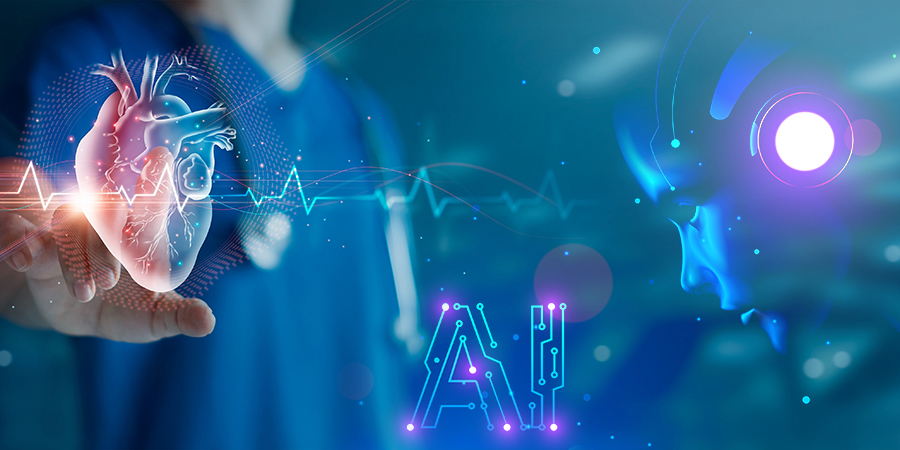With the power of Google's AI, cutting-edge eye scans can now offer a promising alternative in the prediction of cardiovascular events. A South Korean study has additionally explored AI for coronary angiography, leading to automated and real-time insights and advanced cardiovascular care.
Google and Verily's scientists have leveraged machine learning to train their cardiovascular prediction algorithm. Analyzing a vast medical dataset comprising nearly 300,000 patients, including eye scans and general medical data, neural networks unearthed patterns and associated eye scan indicators with crucial metrics like age and blood pressure.
During testing, Google's AI achieved 70% accuracy in differentiating between retinal images of patients who experienced cardiovascular events within five years and those who did not. This groundbreaking method of assessing cardiovascular risk marks a paradigm shift towards AI-powered scientific discovery.
And in South Korea, a pioneering study has showcased the effectiveness of AI-based quantitative coronary angiography (AI-QCA). Although further research is necessary to fully explore its clinical utility and safety, AI-QCA presents a transformative approach by offering automated and real-time insights and advanced cardiovascular care.











